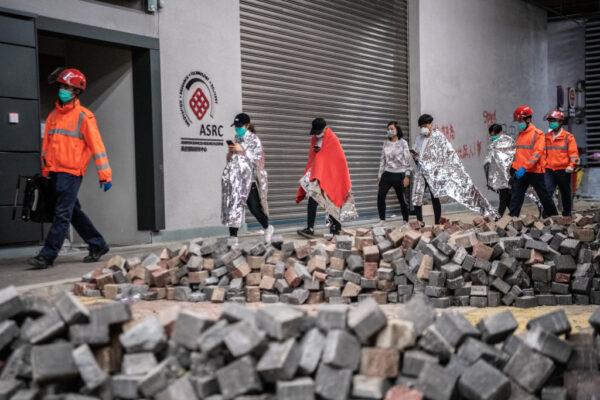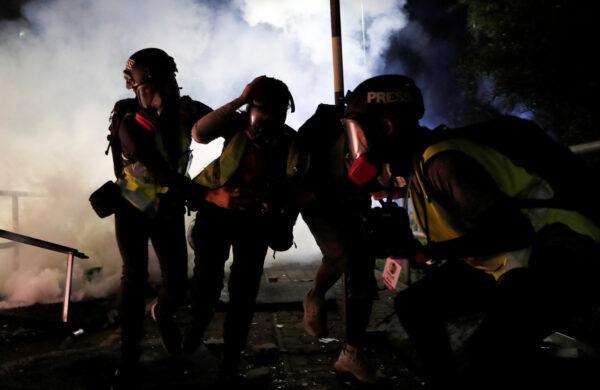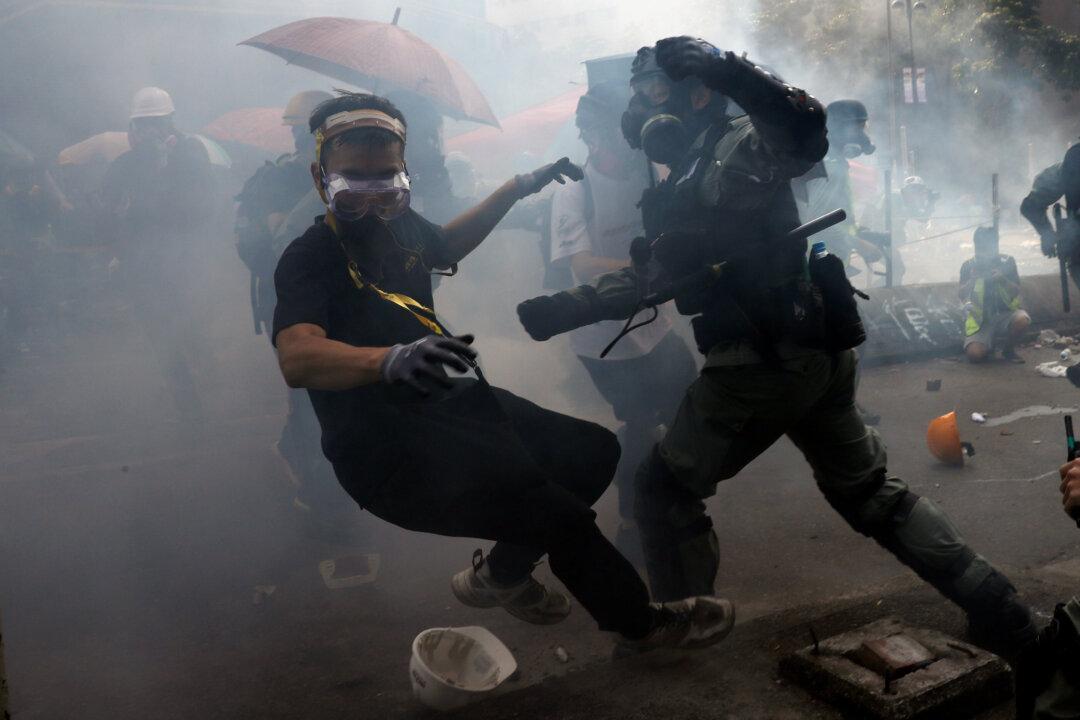The U.S. House of Representatives on Nov. 20 passed two Hong Kong bills supporting the ongoing pro-democracy protests, sending them to the White House for the president to sign or veto.
The Act would require the State Department to review each year whether the city, which reverted to the Chinese rule in 1997, retains sufficient autonomy to justify its special economic privileges with the United States.

It would also pave the way for holding foreign officials accountable for certain human rights violations in Hong Kong. Penalties include barring them from entering the country and freezing their U.S.-based assets.
“We have always believed that every person in China deserves better than the brutality so many endure and the systematic violations of their universally recognized human rights. China’s ruthless dictators do not agree, and they are driven to tighten their control,” Rep. Chris Smith (R-N.J.), the lead sponsor for the bill, said on the House floor.

A second bill, the Protect Hong Kong Act, passed through the House by 417 to 0. The measure would require the United States to ban the export of certain crowd control arms to the Hong Kong police force, who have been accused of using heavy-handed tactics to quell demonstrations. The Senate companion bill was also passed by unanimous consent on Tuesday.
Six Chinese regime bodies on Nov. 20 condemned the passage of the Hong Kong Human Rights Act through the Senate.
The Chinese vice foreign minister summoned a U.S. envoy to voice “strong opposition” to the move. The foreign ministry spokesperson labeled its passage as an act of foreign interference in the country’s domestic affairs, and warned of “strong countermeasures.”.
Responding to Beijing’s criticism, Smith said that the issue should be looked at from a different light.
“The only interference I see is Beijing’s meddling in the democratic freedoms of Hong Kong,” he said, citing the regime’s pledge upon the city’s reversion to Chinese rule that it would allow a high level of freedom and judicial independence.





